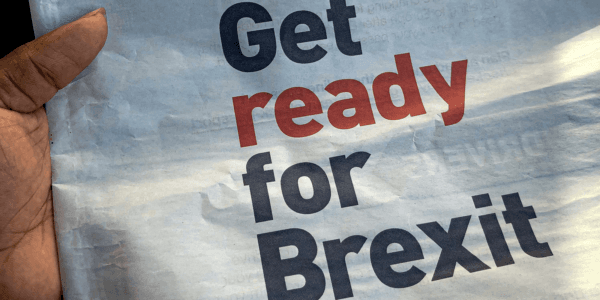For the first time in the last four and a half years, the Bank of England has lowered their interest rates, which is a great relief for households after the previous rising borrowing costs, which are at their highest since 2008`s financial crisis due to the surging price rise.
As of the worst price rise shock in recent decades, it is voted by the Bank’s monetary policy committee (MPC) to reduce the base rate by a quarter or a percentage of 5 per cent from a majority perspective.
The existing situation of price rises and the Bank’s target of 2 per cent remains for two consecutive months in June. Financial markets had anticipated a rate cut, while city economists predicted that it would be a close decision. After the announcement of the decision, the pound`s price dropped against the United States dollar and Euro.
Mr Andrew Bailey, the Bank of England governor, has stated that the price rise situation has seen a sufficient decrease, which allows the banks to lower their interest rates since the bank ceased high borrowing costs last year.
Bailey also stated that savers and borrowers should not anticipate significant rate cuts in the upcoming months due to current concerns about economic risks. He also says that the banks need to ensure that the price rise situation remains at a lower rate and try to avoid interest rate cuts too fast or excessively. Our main aim is to maintain a low and healthy price rise, which is only the best and most effective way by which we can ensure and support economic growth and development from a country’s point of view.
The decisions made by Threadneedle Street`s Bank of England are ready to control the pressure situation on households, which came after a robust fall in the price rise condition. As for the Keir Starmer government’s concern, it is a great situation for them, as their main aim is to provide a stagnant standard of living and a sluggish economy.
The conservative party’s leader, Rishi Sunak, and the shadow chancellor have argued that the decision demonstrated their progress during their government regime. But it came too late to applaud the former prime minister and support his hope that the declining price rise condition could strengthen his position in the snap general elections.
As of the bank`s announcement, Rachel Reeves, the chancellor, has contended that around a million families continued to witness elevated mortgage interest rates due to the mini-budget of Liz Truss. While Hunt countered the Labour`s proposal for the public sector, pay raises exceeding the price rise could prolong high interest rates.
But Bailey has not agreed to the proposal, which he stated during a media press conference, in which he says that public sector pay increases would have a very minimal effect, while the governor suggested that quick calculations show a minimal effect on the inflation condition.
Across the entire UK, households and businesses have faced numerous pressures from a significant increase in mortgage repayments. After the bank increased its interest rates from 0.1 per cent in December 2021 to 14 times, it was a reaction to the 1980s highest inflation. Inflation recorded its highest mark of 11.1 per cent during October 2022, which was fuelled by a significant increase in energy resource prices due to the Russia-Ukraine war. The banks are still worried about the rise, and as per the government`s estimations, the price rise dropped to 2 per cent, but it is understood that the prices remain higher as compared to the last three years.
The Monetary Policy Committee (MPC) has estimated that the overall inflation of a country could rise to 2.75 per cent in the upcoming months, which is beyond their targeted percentage, but we can also expect a fall of 1.7 per cent in the next two years and around 1.5 per cent by the year 2027. The distribution of votes is around five to four, which reveals the decisions of central banks, that voted in favour of quarter-point reductions in interest rates.
These rate falls have been opposed by Huw Pill, the Bank’s chief economist, and Jonathan Haskel, Megan Greene, and Catherine Mann, who are the MPC`s external members, citing ongoing domestic price rise pressure. Bailey, and governors like Clare, Sarah, Dave, and other MPC external members have voted for a reduction. While Britain’s economy has witnessed growth of around 0.7 per cent during the first quarter, which is higher than that of France and Germany.
The growth forecasts for the year have been raised by the banks, up to 1.25 per cent from the previous 0.5 per cent. But cautioned that the quarter growth may weaken and an unemployment-like situation in the country could arise. The MPC says that there is a need for restrictive monetary policy until a 2 per cent drop in inflation is achievable during the midterm.
Link: https://www.theguardian.com/business/article/2024/aug/01/bank-of-england-cuts-interest-rates


























